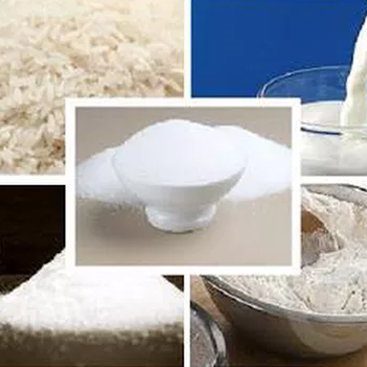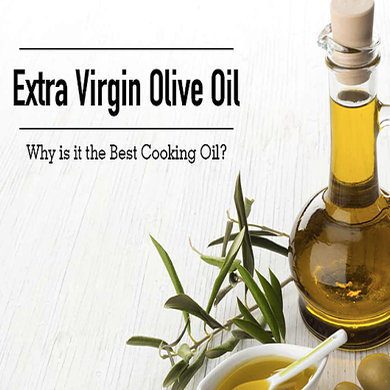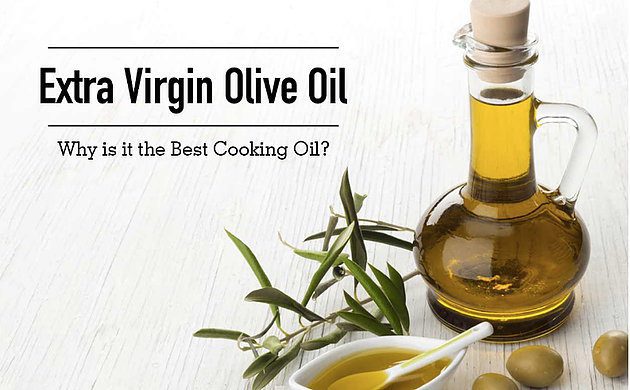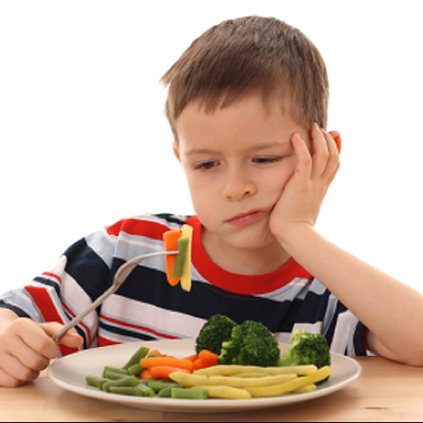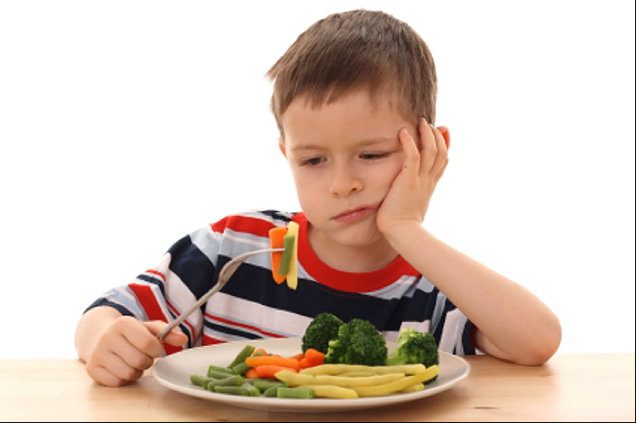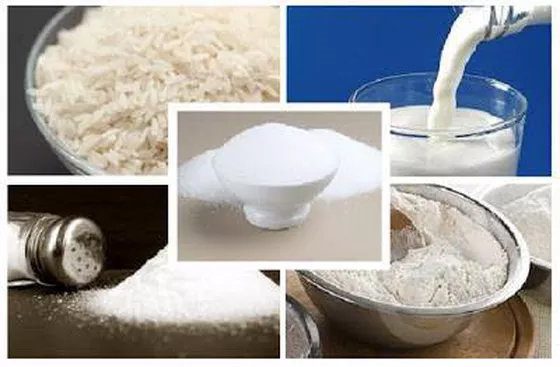
We might be surprised to know that unknowingly we are consuming 5 white poisons in our daily meal.
Forget getting nutrients from these items, we end up troubling our health by consuming these food items which are not at all good for our health and increase risk of developing diseases like cancer, hypertension, bone health issues and diabetes.
1. Pasteurized Cow Milk
The process of pasteurization keeps the milk good for a longer period, but harms its nutritive value. It removes enzymes, vitamin A, B 12 and C from the milk.
Calcium works with Vitamin D, which is vital to the growth and health of children as well as improving immune system. Considering all these facts, we should avoid consuming pasteurized cow milk.
2. White or Refined Rice
The process of refining rice leads to the removal of the outer layer and germ from it. The rice is left with endosperm, only.
This layer contains starch in a huge quantity, which can increase your blood sugar or glucose levels to a great extent.
3. Refined Sugar
Sugar contains a lot of calories, with no essential nutrients & because of that it is considered as part of ‘empty’ calories. It can have harmful effects on metabolism and contribute to all sorts of diseases like Cancer, type 2 diabetes, Overweight/Obesity, Liver diseases.
For people who are inactive, large amounts of fructose from added sugars get turned into fat in the liver. Because of the harmful effects of sugar on the function of insulin, it leads to type II diabetes.
Recommended intake
Worldwide, it is recommended that men can have 9 teaspoons of sugar per day and women can have 6 teaspoons of sugar per day.
However, considering the tendency of Indians towards sugar intolerance and diabetes, it is recommended not to go beyond 5 teaspoons of added sugar per day which includes sugar available in cookies, fruit juices etc.
4. Refined Salt
Salt makes your body hold on to water. If you eat too much salt, the extra water stored in your body increases your blood pressure.
More salt you eat, the higher your blood pressure will be. In India 1 in 3 adult are affected by high BP and majority of them are not aware of it.
Recommended intake
Aim to consume less than 1500 mg of sodium per day and definitely it should not go beyond 2300 mg per day. 1500mg sodium is equivalent to 0.75 teaspoon of salt per day.
5. White Flour (Maida)
Known as ‘White poison’, white flour is becoming necessity for all of us but it impacts our health drastically.
Use of Maida & its products usage is increasing rapidly in our day-to-day life. Sometimes, we are consuming it in form of bread at our home and sometimes, in the market/food joints in form of fast foods.
In case of any related query related to nutrition or weight management book an appointment with Dt. Silky Mahajan please send us a mail at info@foodsandnutrition.in or call on 080 6741 7780 (Dial Extension: 778).






